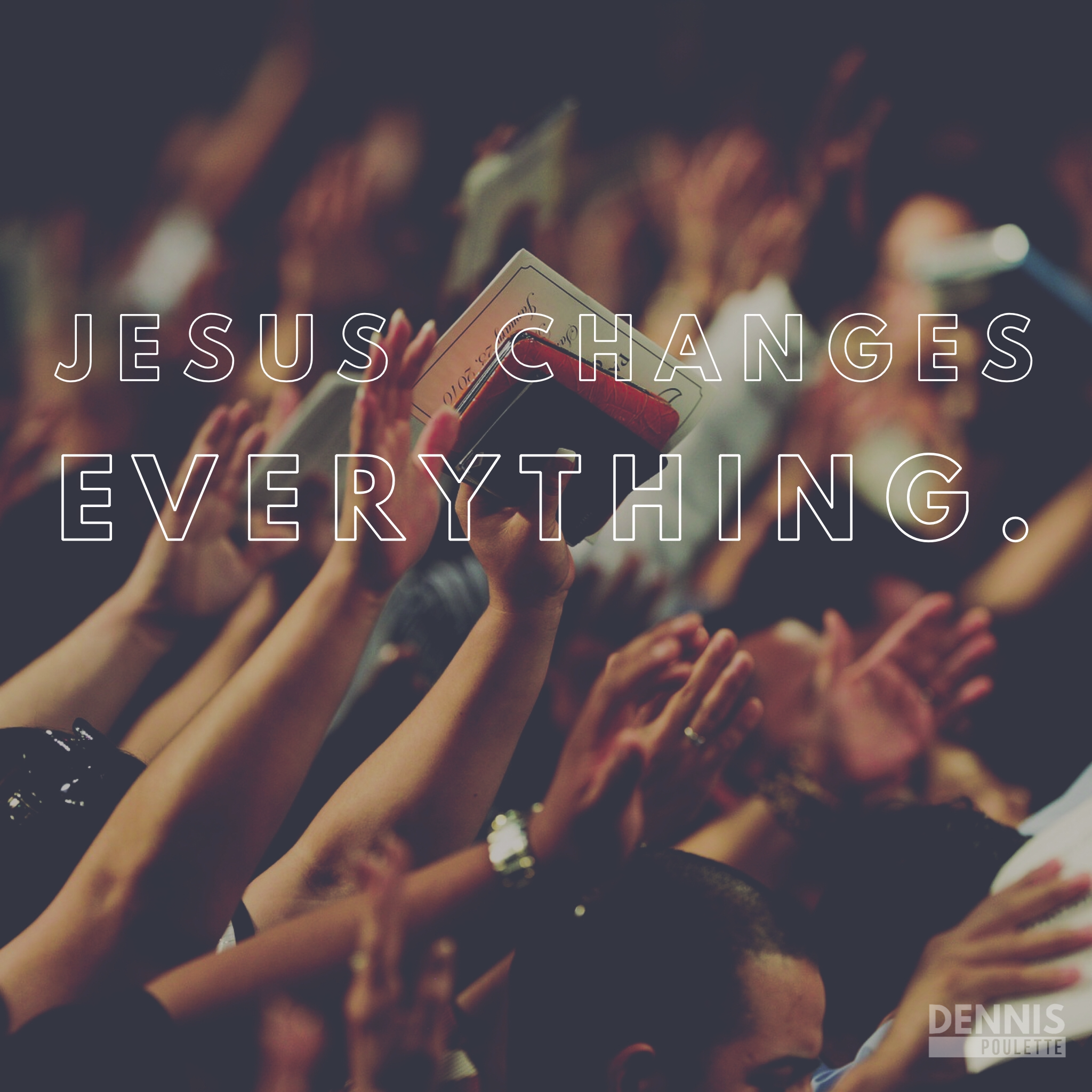
I think most of the people who read this through a feed reader or online should be able to respond to this, but I’m looking for suggestions for good commentaries on the gospel of John. Got any suggestions? Leave a comment. Thanks.
I wonder if anyone will leave a comment. Please leave your favorite commentary series or your favorite commentary on John.
(Question mark thumbnail by Leo Reynolds on Flickr)

The account of the resurrection in Matthew 28 sounds crazy to me. The author seems to be talking out of his mind.
“There was a violent earthquake, for an angel of the Lord came down from heaven and, going to the tomb, rolled back the stone and sat on it. His appearance was like lightning, and his clothes were white as snow. The guards were so afraid of him that they shook and became like dead men.”
You know how things get skewed when you are excited? I imagine that the account is somewhat like that. I can imagine that the author was flustered, trying to put into words what he had seen, saying, “There was an earthquake, and then, there was an angel. He looked like lightning. He was glowing. His clothes were as white as snow. All the guards were like dead men.”
Unfortunately, we usually tell it with a monotonous tone of voice, as if we’re not excited to hear it. One day, I want to see someone burst into a church service with the kind of excitement that I read in that passage. “You’re not going to believe me, but here’s what I saw.”
That’s the craziness of the resurrection. It’s wild. It’s unheard of. It’s something that will change your life radically. It changed the lives of the disciples who were scared out of their minds in Matthew 27, and now in Matthew 28 (and Acts), they went on to change the world. That’s what the resurrection can do to you.
(image by: dbarronoss)

Middle school is a period of most of our lives that we would love to forget. Our legs and arms grow too big for our bodies; our voices sound like we swallowed a frog, we begin to notice how bad we smell, and many other embarrassing things. Middle school is a self-esteem nightmare. The irony of middle school is we are happy when finally we “graduate” and become freshmen in high school.
Unfortunately, seminaries are not too much different than middle schools. They are full of academic competition, intellectual arguments, and ministry comparisons. A person with low self-esteem will probably not last more than a week in either a seminary or a middle school.
Even the faculty members at seminaries have problems with this. The degree that you have, and where you earned it, play into our competitive nature, causing us to intimidate others or be intimidated by others.
Shouldn’t the opposite be true? Shouldn’t seminaries be places to encourage and engage people in a loving manner without judging their intellectual ability or their ministry competency? Instead of chewing people up and spitting them out, shouldn’t we be “spurring one another on to love and good deeds?”
I’d love to see my seminary as a place where people feel welcomed and are seen as part of the same team, regardless of if they are studying theology, youth ministry, music, or Christian education. I’d love to see the professors that have been around forever and have their Ph.D look at the others as equals and respect them as experts in their field with something valuable to contribute to the school. I’d also love to see the new professors be less intimidated by the others, and it would be great if we weren’t all always trying to impress each other. We are, after all, part of the same body.
Once you’ve been a Christian for a while, it is easy to begin to “lean on your own understanding.” In other words, it’s easy to stop looking to God for the answer because you can look back to past experience and what seems to be common sense.
I think that’s an easy thing for missionaries, veteran youth workers, or even seminary students to do. We often fall into the trap of thinking that we have been in a million church services and have so much life experience that we can forget to consult the One who has the answers.
I have been guilty of this on more than one occasion. We need to seek God in all of our decisions, not just the ones where we don’t have “the answer.” What are you leaning on today? Your own understanding? Or the advice of the great counselor?





